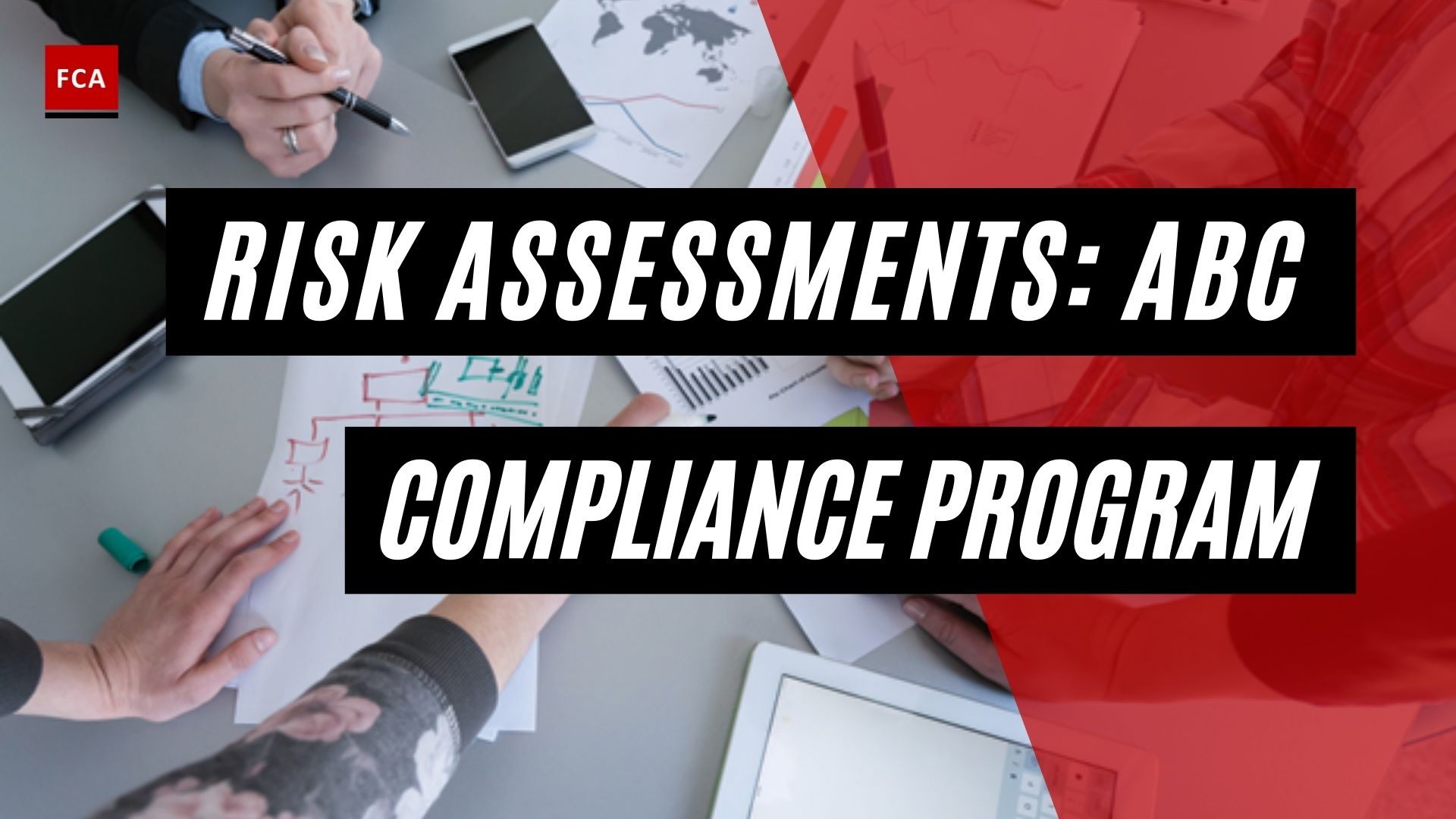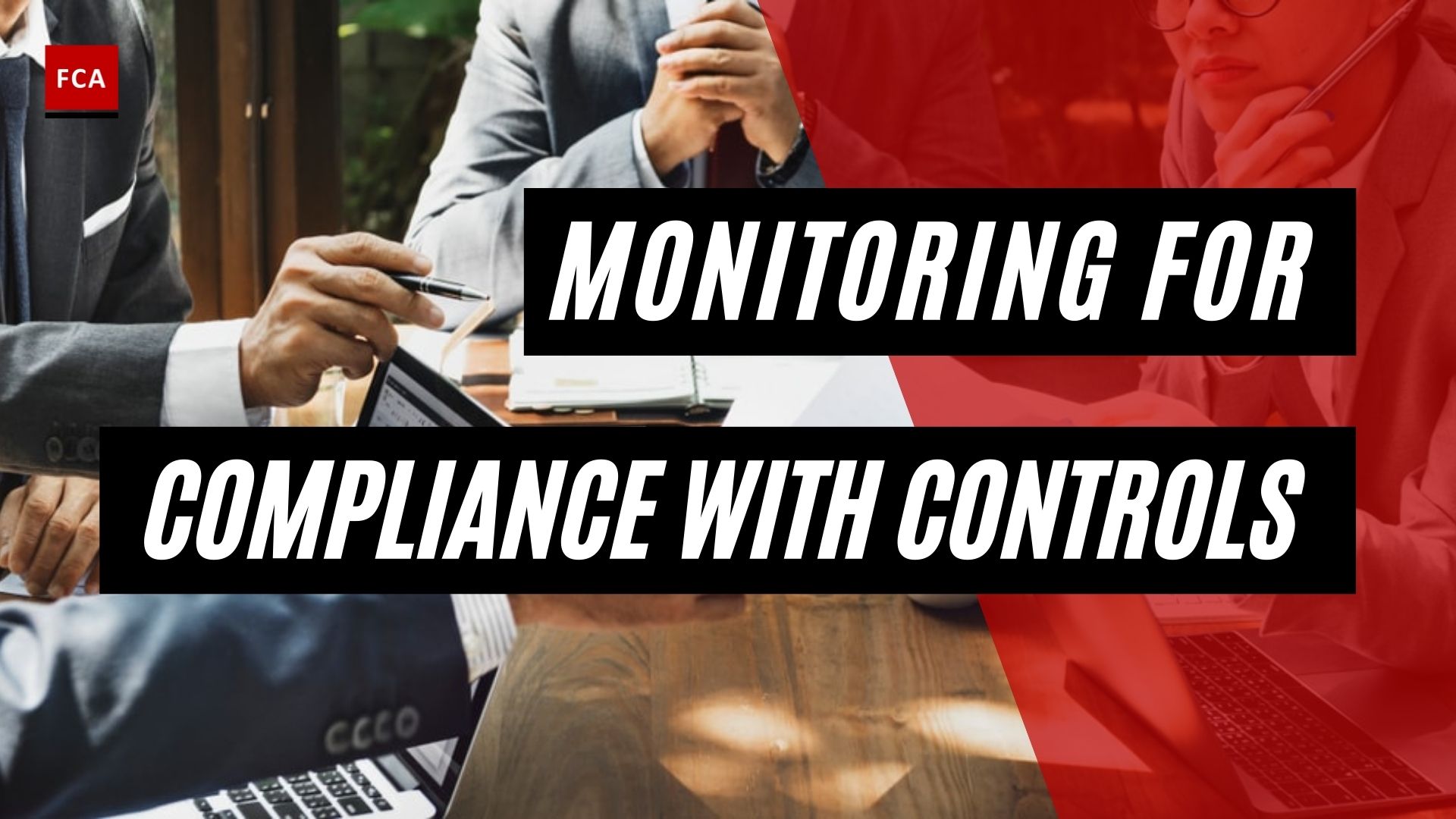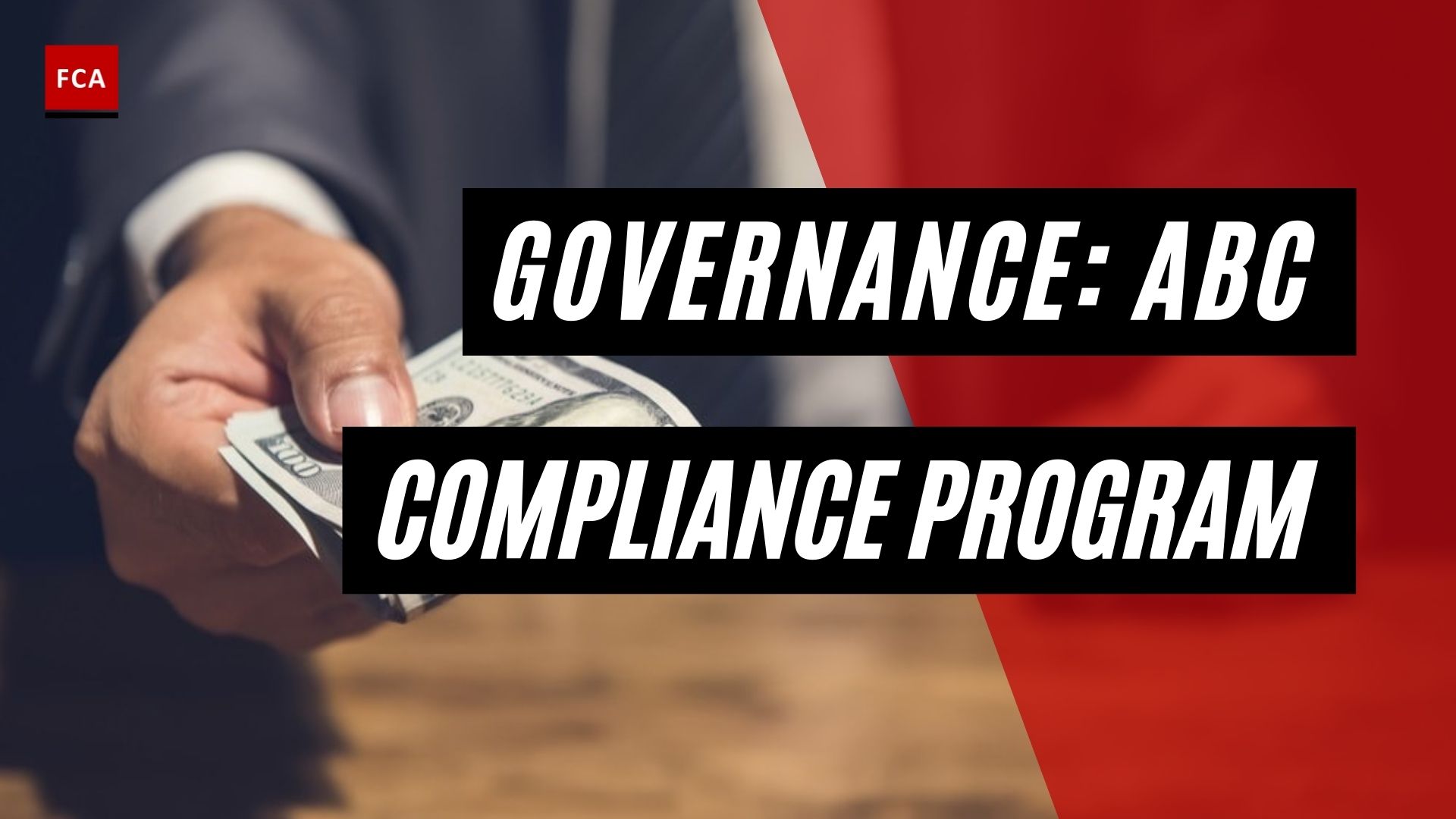Customer-related bribery and corruption risks. One very important factor to be analyzed is knowing the effect on the organization if the customers face corruption charges. The cost of corruption and bribery to an organization is in the form of reputational and financial losses. As part of its ABC program, the organizations are required to conduct the due diligence of its customers before and after onboarding them.

Customer-Related Bribery And Corruption Risks
The organizations must take appropriate steps to identify and know the customers. Companies that have a propensity for corruption put the organization at risk even if the employees do not engage in such behavior, and it is a best practice and compliance program requirement to address the corruption risks. Corruption risk is equated with institutional vulnerabilities within the corporate system or processes that might favor or facilitate corrupt practices.
Allegations of bribery and corruption may result in financial and reputational losses; therefore, the ABC officer of the organization ensures that all the existing customers are screened and identified. Significant corruption risks may lead the organization to the slowdown or shutdown of business operations.
Risk Assessment
Risk assessment includes the consideration of bribery and corruption risks involving customers and third parties that buy the goods or services of the organization. Corruption and bribery risks increase when the customers are from diversified backgrounds and different jurisdictions, especially the high-risk jurisdictions, declared by the FATF.
Such diversified customers may belong to countries that are declared high risk from the bribery and corruption perspective. The ABC officer decides the areas, processes, and frequency of regular compliance risk reports to line managers and senior management. Based on anti-bribery and corruption reports, the ABC officer must report to the anti-bribery committee and the Board on the observations and findings with appropriate analyses of bribery and corruption risks in the organization.
Due Diligence
Due diligence must be completed before entering into a business relationship or undertaking an occasional transaction with the customer. The complete verification under due diligence may not be performed before the commencement of a business relationship. It would be completed after establishing the business relationship, provided that it is completed as soon as reasonably practicable, the ML/TF risks are managed, and this does not interrupt the normal conduct of the business.
Most Foreign Corrupt Practices Act (FCPA) risk analysis considers bribery and corruption risks involving third parties, which may also include the customers, that come in through the Supply Chain management of the organization. Corruption and bribery risks increase when the customers are from diversified backgrounds and different jurisdictions, especially the high-risk jurisdiction countries declared by the FATF.
At the time of onboarding the customers, the compliance and account opening officers must screen the customers to establish the true and current risk profile. The risk profile of the customers is used later for ongoing monitoring and analysis of the transactions of the customers. Organizations must establish processes to identify the transaction and activities which may raise the risk of bribery and corruption.
Corruption
As corruption involves private gain and may be committed by public officials, who may be the customers as well, who abuse the authority of their public office for personal gain, which interferes with democracy and the rule of law. Corruption activities may be performed to launder the money by the criminals and may be committed by private individuals who abuse their positions for personal gain, which can hinder fair market operations and distort competition.
The facilitation payments are made to a foreign official to expedite or secure routine government action. Facilitation payments are a type of bribe made to a foreign official to expedite or secure routine government action. While in some countries, they are customary, in others, they are improper.
The mechanism should be triggered based, where any suspicious or unusual transaction of activity, whether performed by the employee or the customer, must be highlighted for review and scrutiny by the appropriate person, as per applicable laws and regulations.
Objectives Of ABC Officer
As the objective of the ABC officer is to promote the safety and soundness of the organization and minimize potential financial, reputational, and operational risks arising from bribery and corruption, therefore, expectations of regulators are towards assessing the risks related to the employees and customers, to ensure avoidance of bribery and corruption in the organization.
The ABC officer of the organization must identify the high-risk customers and perform a regular compliance risk assessment of high-risk customers such as politically exposed persons (PEPs). Regular bribery and corruption risk assessment helps the organization management to design and implement the appropriate strategies, as part of its anti-bribery and corruption program, to control the bribery and corruption risks in the organization.
The Impacts Of Bribery And Corruption
- Bribery and corruption can have far-reaching consequences in the context of expanding markets, broader legislation, and global financial pressures.
- Employee and officer convictions, fines, and prison sentences
- incurring significant legal and professional fees, as well as increased compliance costs due to potential regulatory responses
- Significant corporate, personal, and governmental reputational harm
- Share price decline and loss of shareholder and other stakeholder confidence
- Market distortion
Purpose, Scope, And Responsibility Of Anti-Bribery And Corruption Policy
The Anti-bribery and Corruption Policy establishes principles that must govern our behavior in order to:
- Comply with U.S. Foreign Corrupt Practices Act (FCPA), United Kingdom The Bribery Act and similar anti-corruption laws around the world.
- Reinforce our intention and obligation to act honestly and ethically in all of our business dealings.
This policy applies to all employees of Principal’s wholly and majority-owned subsidiaries. Principal’s Chief Compliance Officer has final authority over this policy. The Compliance Committee is in charge of overseeing the assessment of bribery and corruption risks across the enterprise, as well as evaluating controls, consulting, and reporting anti-bribery and corruption (AB&C) risks to senior management and the board of directors.
Final Thoughts
Consumers considering an acquisition typically face a competitive and time-sensitive diligence process centered on evaluating the target’s performance and key risks. Although each transaction is different, a buyer’s failure to adequately consider bribery and corruption risk may result in the purchase of an overpriced company with serious collateral consequences, such as costly and intrusive post-transaction government investigations, limited business opportunities, and reputational damage.
Customers should therefore understand a target’s corruption risk factors, such as where it does business, its customers (particularly non-US public sector), and the extent to which it relies on third parties to conduct business on its behalf, in order to assess the target’s potential noncompliance with the US Foreign Corrupt Practices Act (FCPA) or local anti-bribery laws.








